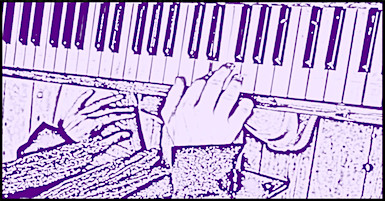Q: I want to learn more about what kind of music is current. Where do you find new music and artists to listen to? Also I want to pitch my songs to film & TV. Where can I hear artists that are being used in that market?
A: If you’ve been getting my monthly emails, you know that I’m big on listening. I recommend that songwriters spend as much time listening as they spend writing. That means listening to successful songs, current songs, songs that inspire you as often as you can.
But there’s a huge amount of music out there—more every week, every day— so much that it can seem overwhelming. So, how do you find new music and artists to listen to? How do you know where to look and how to focus on what will be helpful to you as a songwriter? Here’s my guide to finding new music that will deliver plenty of inspiration, knowledge, and ideas for your own songs.





